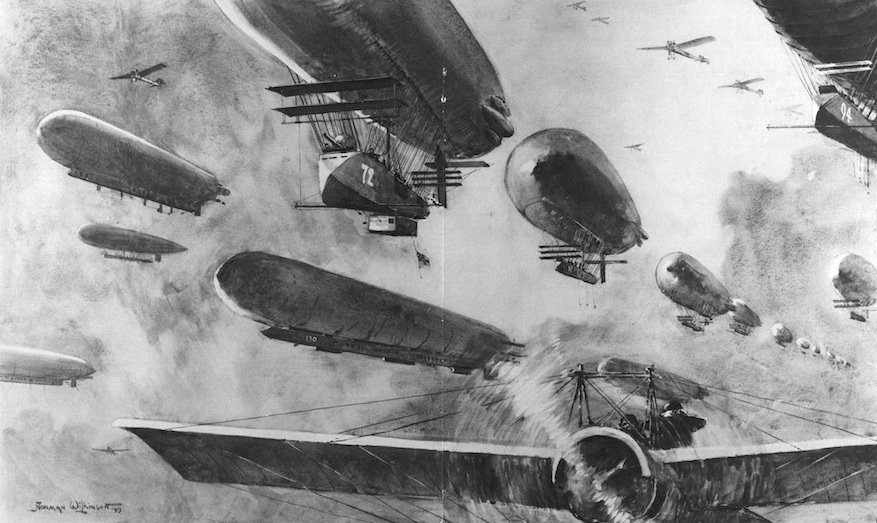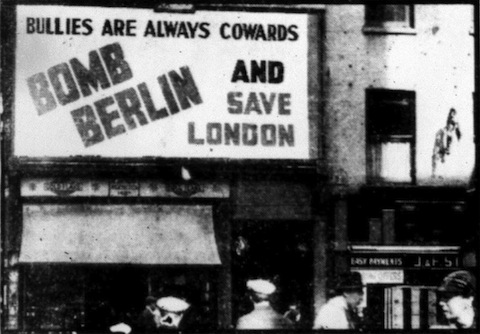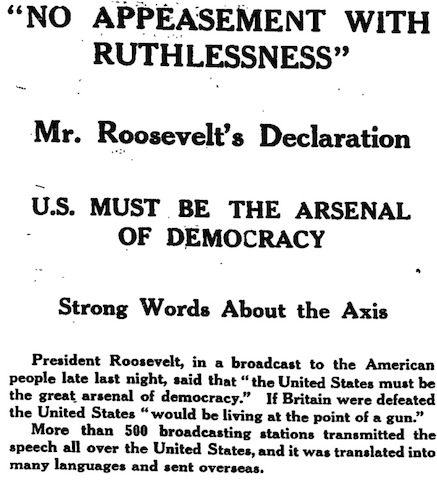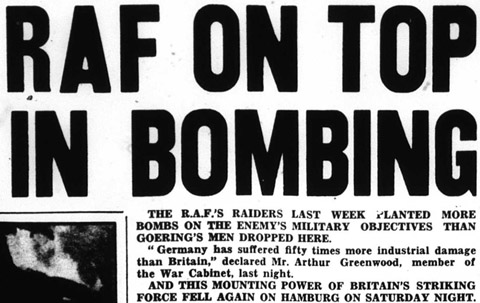Truth Puzzle No. 1581
Truth was a British political newspaper first published in 1877, founded by Henry Labouchère, a sometime Liberal MP. By the 1930s it was infamous as a scurrilous and often libellous pro-appeasement and often anti-semitic rag; in the Edwardian period it was still Liberal in inclination. At the end of May 1909 it issued no. 1581 […]






